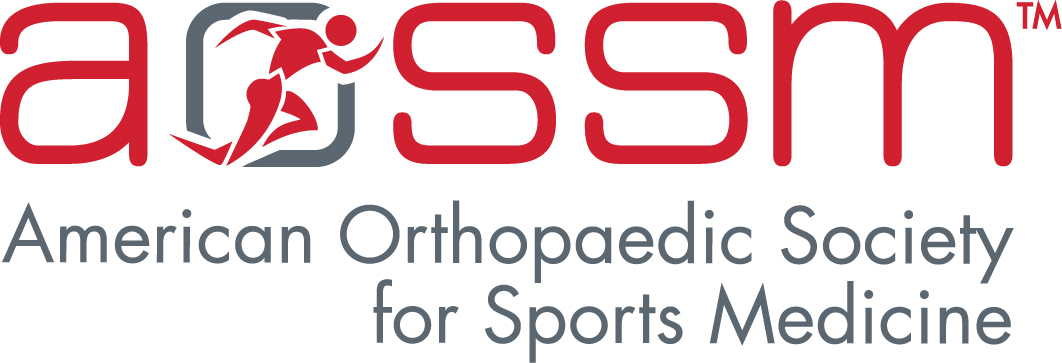Newswise — In the first prospective ACL reconstruction cohort with over 80% follow-up at 10 years, researchers from the Multicenter Orthopaedics Outcome Network (MOON) demonstrated that patients could perform sports-related functions and maintain a high knee-related quality of life a decade after surgery, though activity levels decline over time. The study, presented today at the American Orthopaedic Society for Sports Medicine’s Annual Meeting in Toronto, Ontario, Canada, received the O’Donoghue Sports Injury Research Award.
“Our data shows significant improvements in patient-reported outcome measures from IKDC and KOOS two years after surgery, which was maintained at six and 10 years,” commented corresponding author Kurt P. Spindler, MD, from the Cleveland Clinic Department of Orthopaedic Surgery. “These improvements were noted across a substantial population of 1320 patients, who made up 83% of our original study group.”
Patients with unilateral ACL reconstructions were identified and enrolled between 2002 and 2004 from seven sites in the MOON group. Of those treated, 90% underwent a primary ACLR, and 10% a revision ACLR. Graft choice was 42% autograft bone-patellar-bone, 31% autograft soft tissue, and 27% allograft.
“An active patient may view an ACL injury as devastating, but our research adds to short- and long-term studies that show a good prognosis for return to pre-injury quality of life,” noted Spindler. “This can help medical providers continue to make good treatment decisions, and present these injuries as simply a setback.
Factors affecting lower outcome scores within the study population included lower baseline scores (prior to surgery), a higher body mass index, smoking, and a history of meniscus surgery.
###
The American Orthopaedic Society for Sports Medicine (AOSSM) is the premier global, sports medicine organization representing the interests of orthopaedic surgeons and other professionals who provide comprehensive health services for the care of athletes and active people of all ages and levels. We cultivate evidence-based knowledge, provide extensive educational programming, and promote emerging research that advances the science and practice of sports medicine. AOSSM is also a founding partner of the STOP Sports Injuries campaign to prevent overuse and traumatic injuries in kids.
